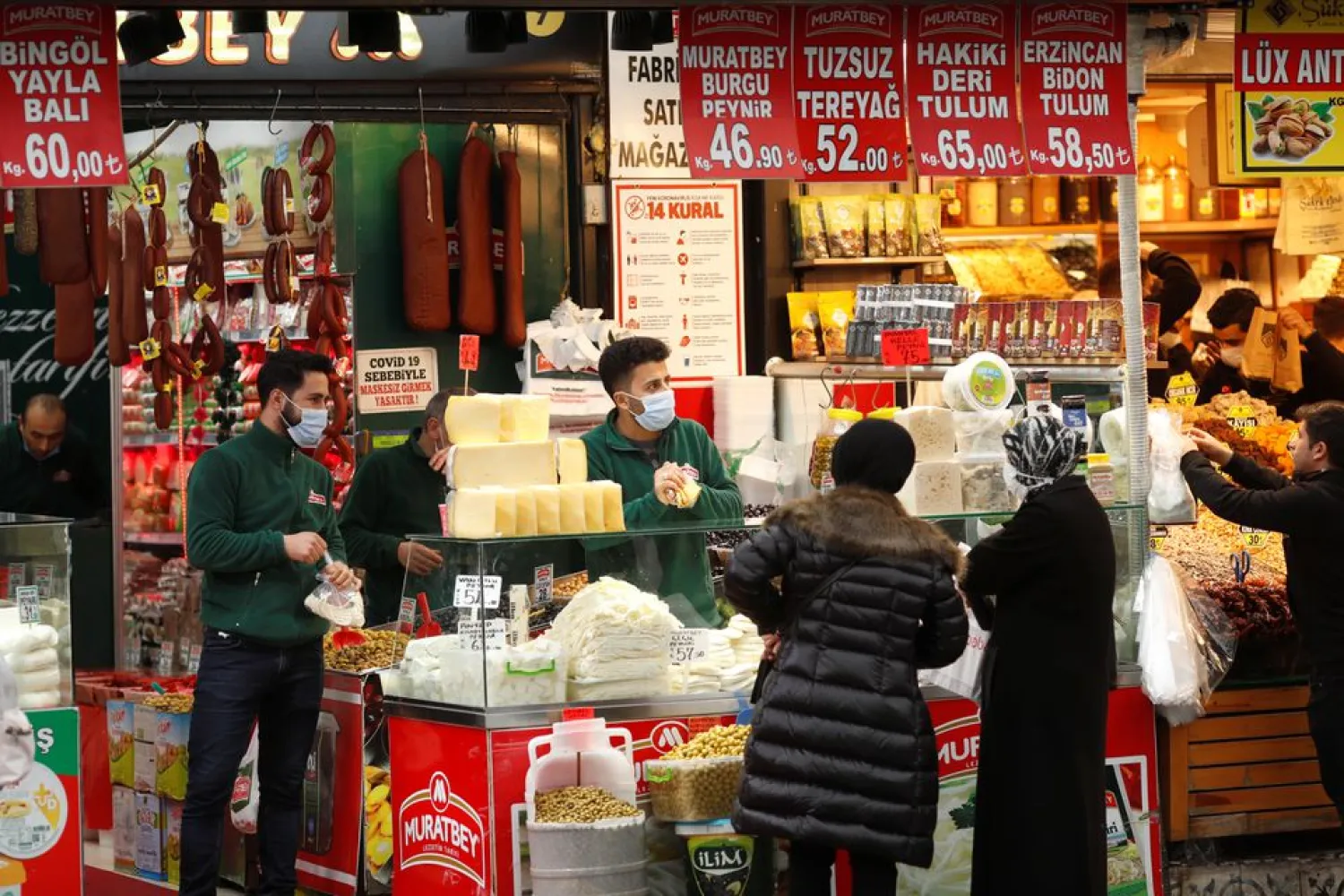World food prices fell in January for a 10th consecutive month, and are now down some 18% from a record high hit last March following Russia's invasion of Ukraine, the United Nations food agency said on Friday.
The Food and Agriculture Organization's (FAO) price index, which tracks the most globally traded food commodities, averaged 131.2 points last month against 132.2 for December. It was the lowest reading since September 2021, Reuters reported.
The December figure was revised down from an original estimate of 132.4. Falls in the prices of vegetable oils, dairy and sugar helped pull down the index, while cereals and meat remained largely stable, the FAO said.
In separate cereal supply and demand estimates on Friday, the FAO raised its forecast for global cereal production in 2022 to 2.765 billion tons from a previous estimate of 2.756 billion tons.
The FAO cereal price index rose just 0.1% month-on-month in January to give a 4.8% increase on the year. International wheat prices declined 2.5% as production in Australia and Russia outpaced expectations. Rice, by contrast, jumped 6.2%, driven in part by strong local demand in some Asian exporting countries.
Vegetable oil prices fell 2.9% in January, the dairy index dipped 1.4% and sugar declined 1.1%. Meat slipped a mere 0.1%.
Looking at supply and demand for cereals, FAO said it expected a record global output of wheat in 2022 thanks to revised crop forecasts from Australia and Russia.
The forecast for world rice production was revised down on the back of lower-than-expected output in China, and is now predicted to decline 2.6% from its all-time high in 2021.
Looking ahead to 2023, FAO said early indications pointed to a likely expansion of winter wheat cropping in the northern hemisphere. However, it warned that high fertilizer costs may impact yields.
World cereal utilization in 2022/23 was forecast to dip 0.7% from the previous year to 2.779 billion tons. The estimate for world cereal stocks was pegged at 844 million tonnes, pushing down the world stock-to-use ratio for 2022/23 to 29.5% from 30.8% in 2021/22.









